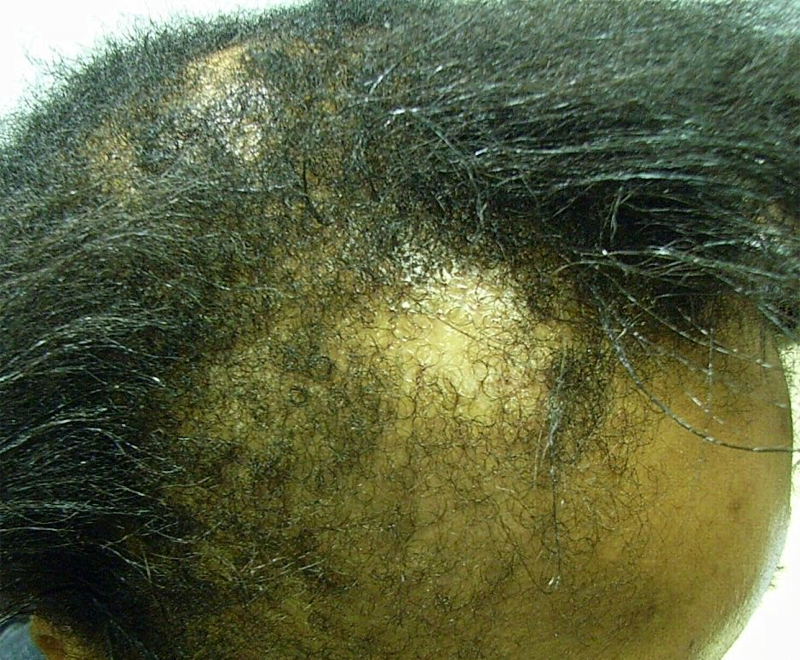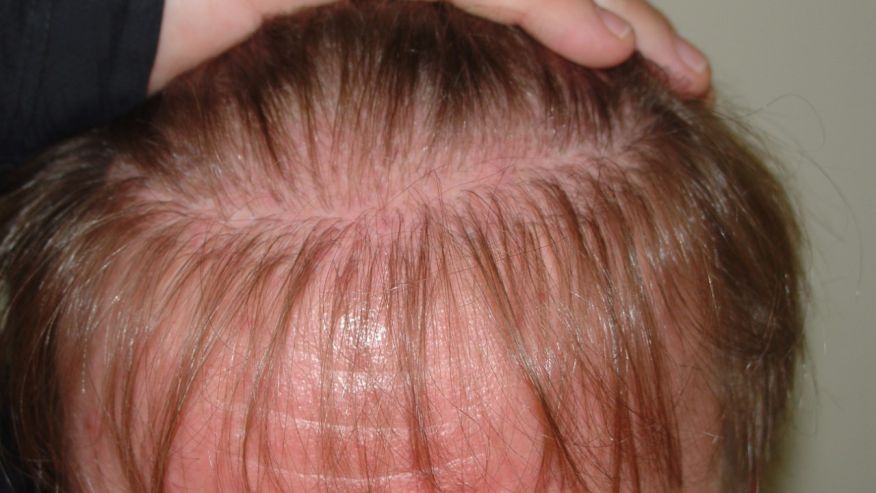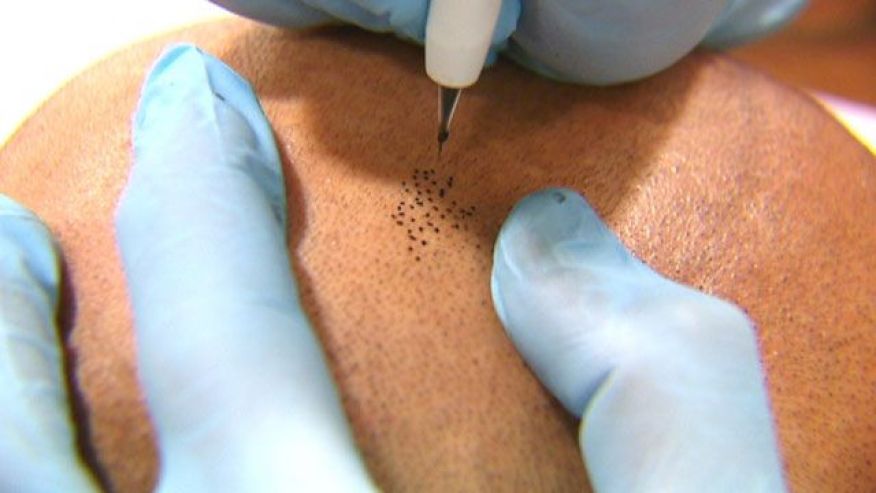
In a world dominated by celebrity fad diets that range from the absurd, like Reese Witherspoon’s alleged “baby-food diet,” to the absurdly unaffordable, such as Gwyneth Paltrow’s $200 “moon dust”-infused breakfast smoothie, the idea that there’s a single best diet for improving your health might seem like snake oil.
But it isn’t, at least according to existing research.
Several recent studies suggest that whether you’re looking for weight loss or to improve your overall health, the best eating plans are based around vegetables, whole grains, and lean proteins. In its most recent report on the best eating plans, US News and World Report described vegetable-based (“plant-based”) diets as “good for the environment, your heart, your weight, and your overall health.” The Mediterranean diet, for example, has whole grains and vegetables as its focus but also includes a variety of healthy fats, like those from nuts, fish, avocados, and olive oil.
Those are some of the reasons that Cara Anselmo, a nutritionist and outpatient dietitian at New York’s Memorial Sloan-Kettering Cancer Center, advises her clients to ramp up their intake of plant-based foods while cutting back on red meat and refined carbohydrates like white bread.
To keep energy levels up and keep you full and healthy for the long term, your diet needs to feed more than your stomach, Anselmo tells Business Insider. It has to satiate your muscles, which crave protein; your digestive system, which runs at its best with fiber; and your tissues and bones, which work optimally when they’re getting vitamins from food.

A plant-based diet accomplishes that goal by balancing whole grains, fruits and vegetables, and proteins and fats.
This balance is also key to keeping you full after a meal and energized throughout the day so you don’t feel the need to overeat, Nichola Whitehead, a registered dietitian with a private practice in the UK, tells Business Insider.
“You need to have a balanced meal — things like whole grains, fiber, and vegetables — in order to sustain your blood sugar. Empty calories [like white bread or white rice] give a temporary fix,” Whitehead says.
Plant-based, whole food diets tend to confer other benefits as well, like a reduced risk of certain diseases including heart disease, diabetes, and some types of cancer.
“When you look at overall dietary patterns it’s a more whole foods, plant-based diet that tends to be healthier in terms of less disease risk,” Anselmo says. “People get caught up in things like, ‘Well, how much iron or Vitamin C does this have?’ but the reality is that the whole foods are just going to naturally be higher in those things.”
[“source-businessinsider”]



















